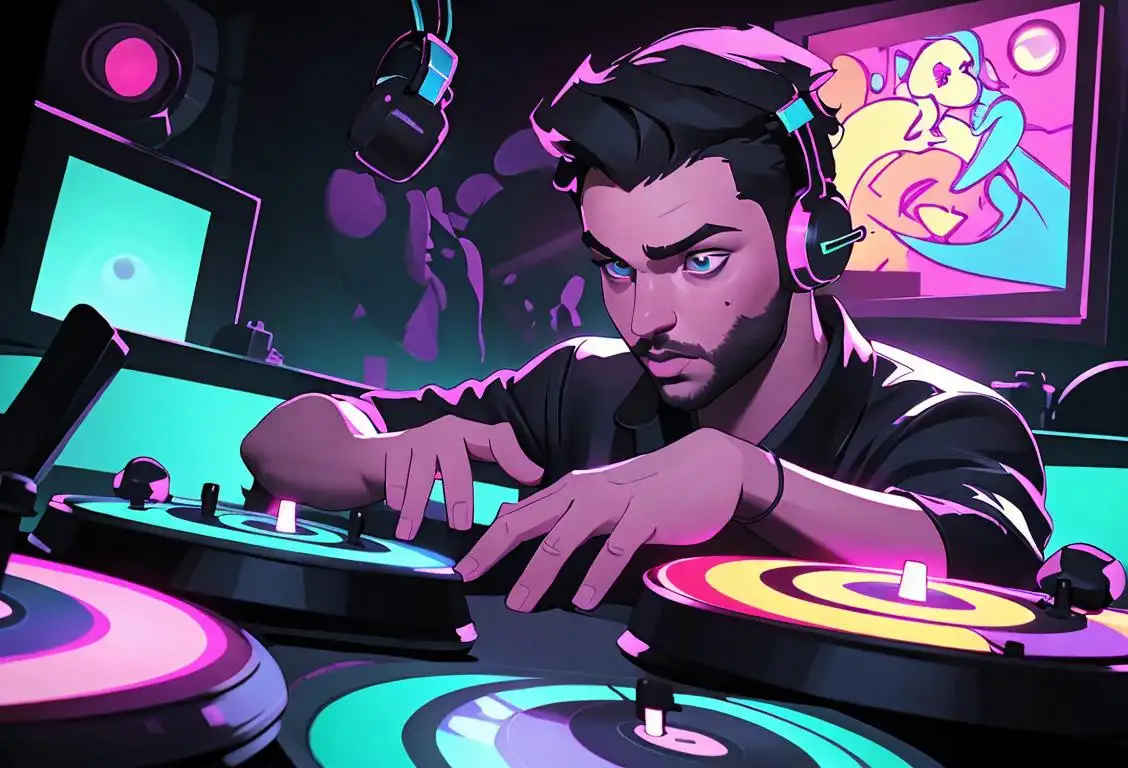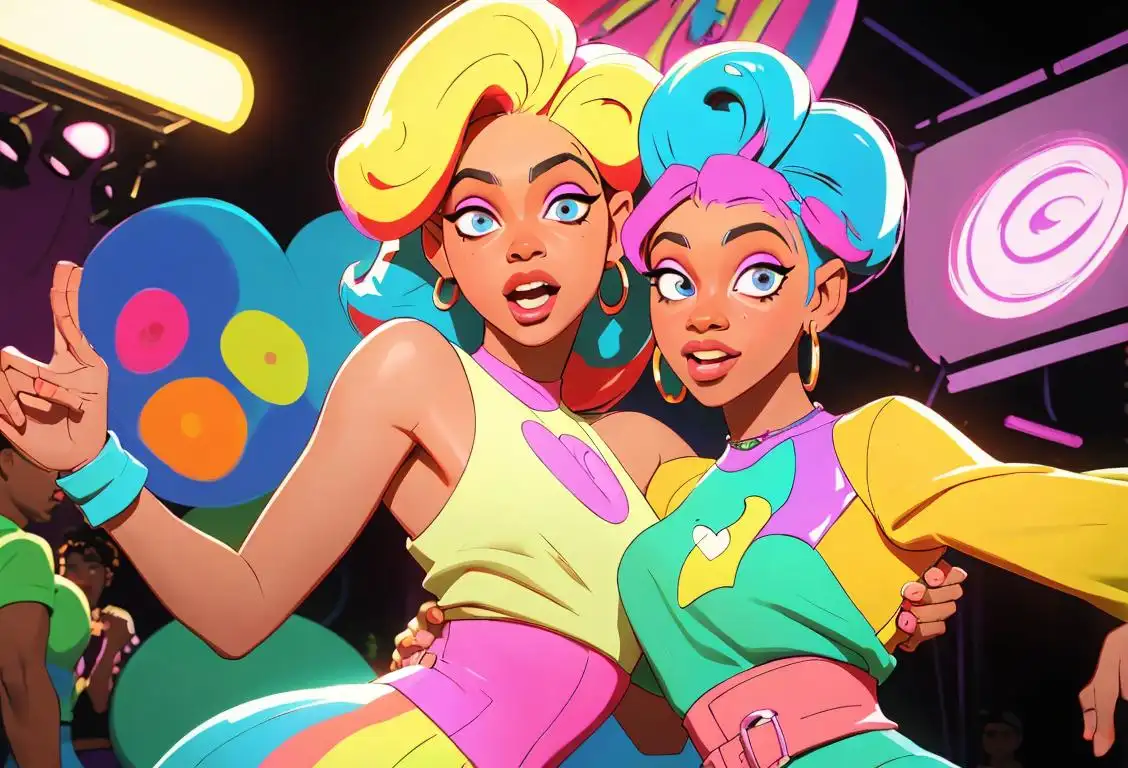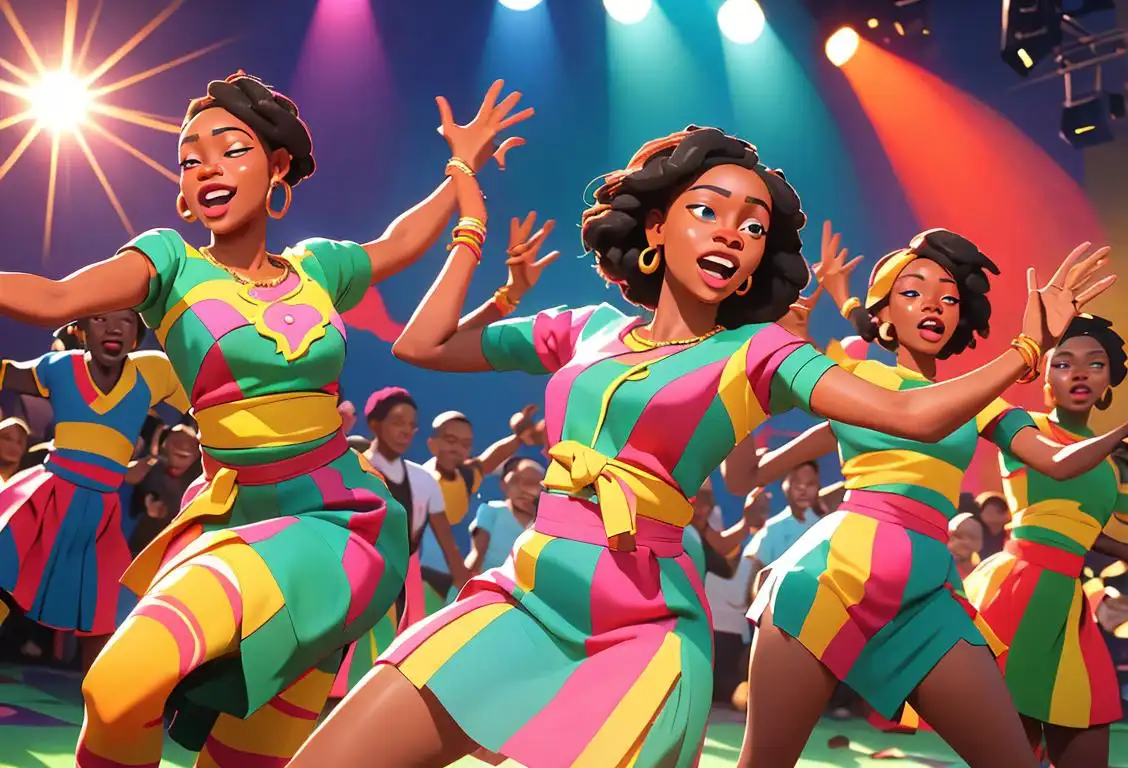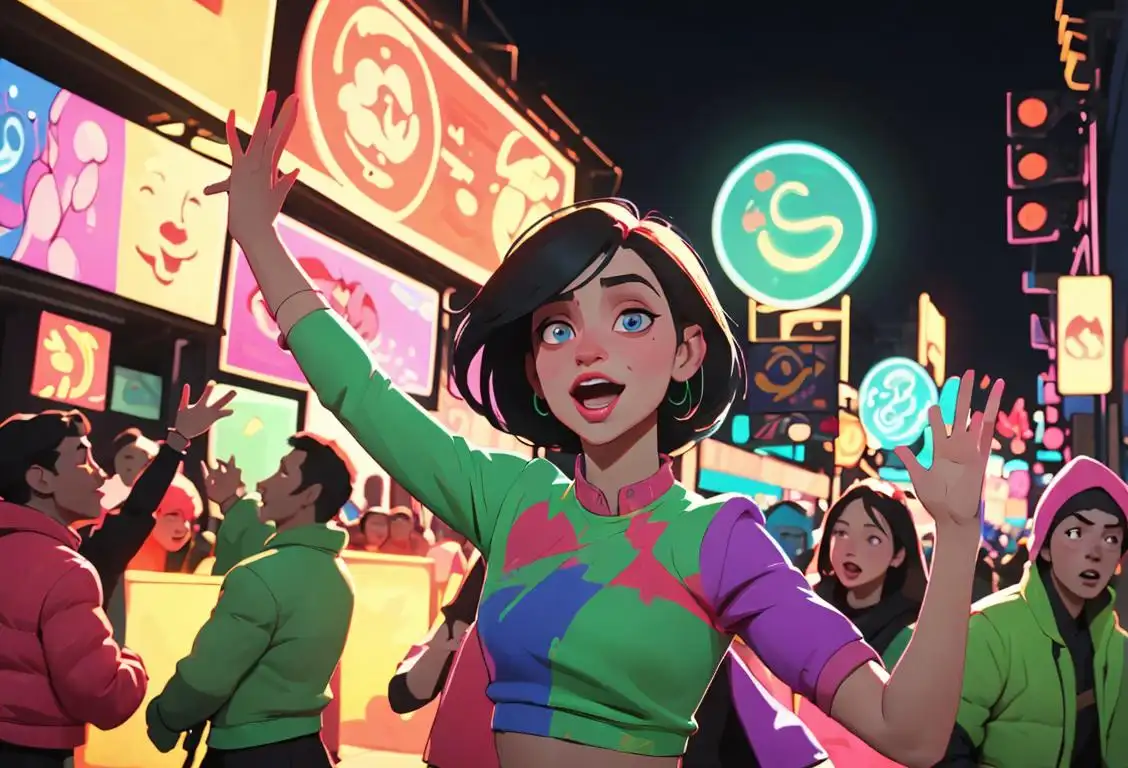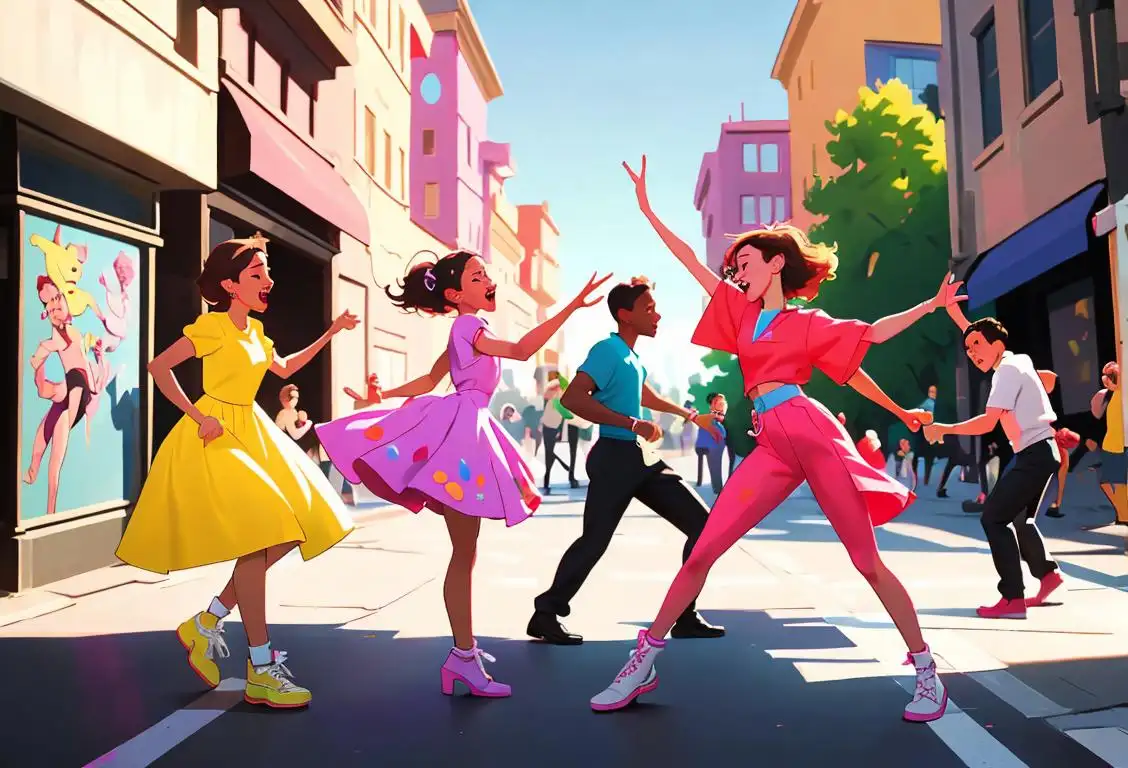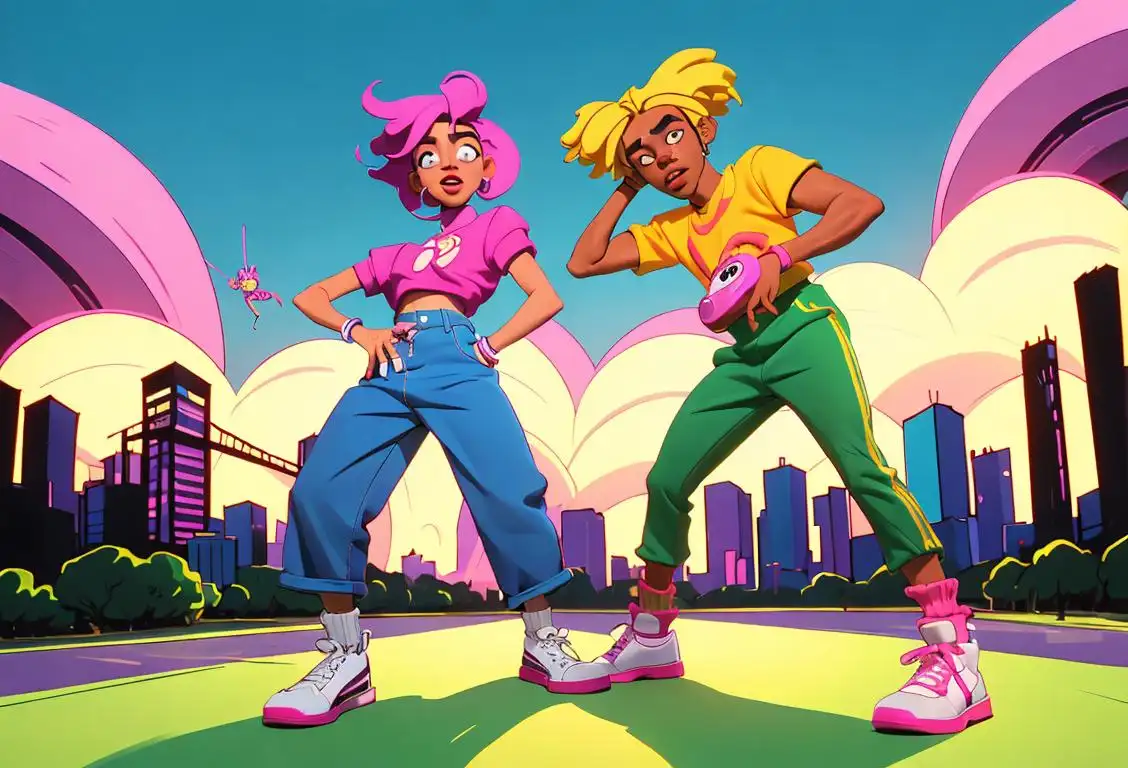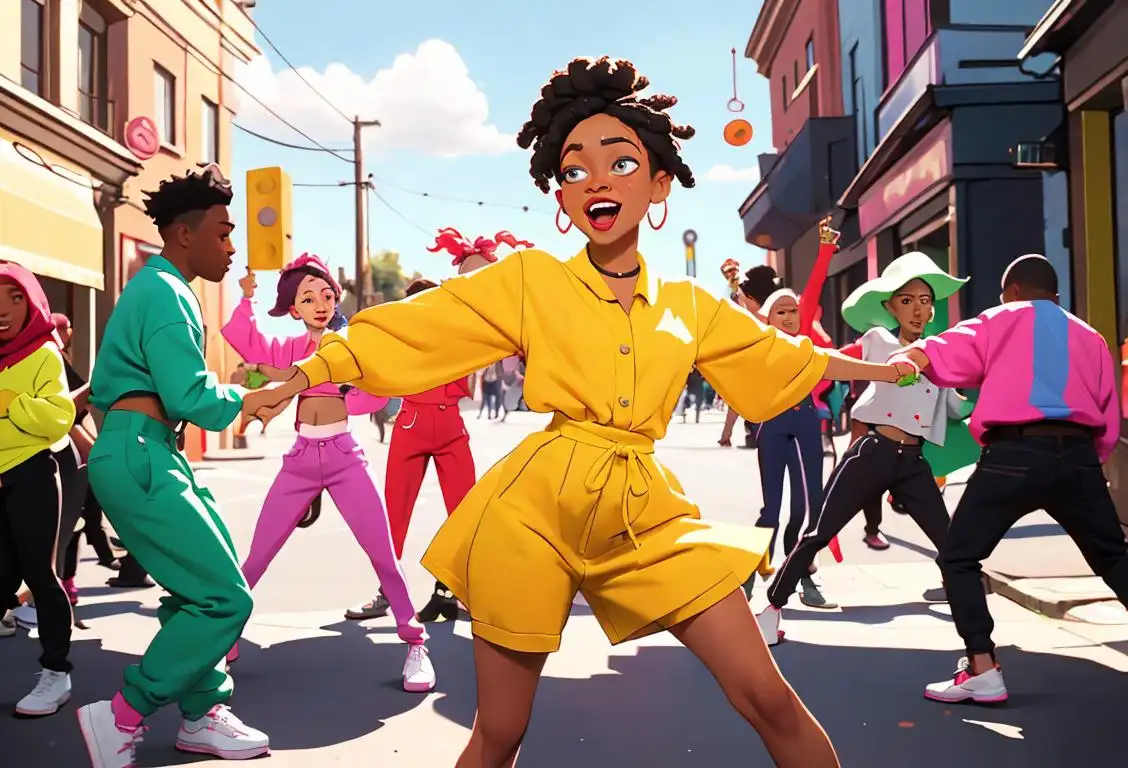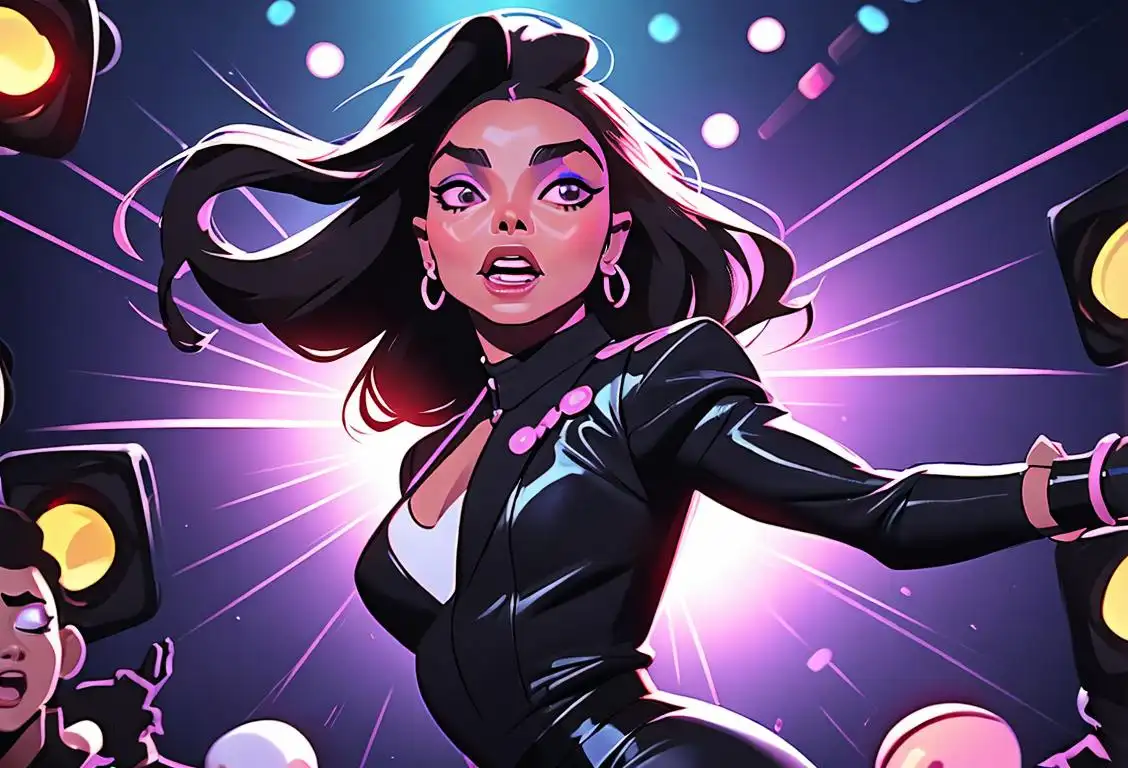National Reggaeton Day
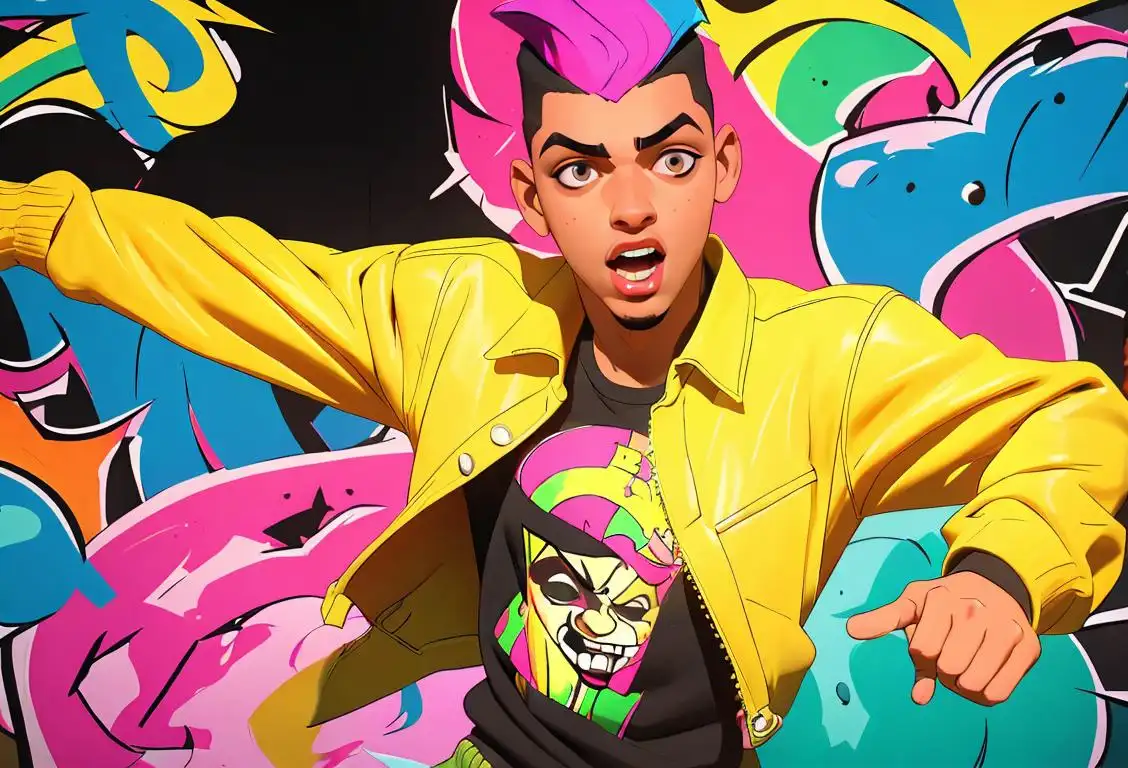
Are you ready to move and groove? Well, get your hips shaking and your feet bouncing because it's National Reggaeton Day! This day is all about celebrating the infectious beats and rhythmic melodies of reggaeton music. So, grab your dancing shoes and let's dive into the exciting world of reggaeton!
When is Reggaeton Day?
It's national reggaeton day on the 15th March.
A Brief History of Reggaeton
Reggaeton, often described as a blend of reggae, dancehall, and Latin American music styles, originated in the late 1990s in Puerto Rico. It was heavily influenced by Jamaican dancehall and Panama's reggae en español. With its catchy beats, repetitive hooks, and explicit lyrics, reggaeton quickly gained popularity among Latin American youth.
The genre's rise to the mainstream was fueled by early pioneers like Daddy Yankee, Don Omar, and Tego Calderón. Their energetic performances and innovative use of urban beats brought reggaeton to the forefront of the Latin music scene.
Reggaeton Goes Global
In the 2000s, reggaeton crossed over to the international stage, captivating audiences worldwide. Artists like Shakira, Pitbull, and J Balvin incorporated reggaeton elements into their music, introducing the genre to a broader audience.
Reggaeton's popularity continued to soar, and in recent years, it has become a dominant force in the music industry. Collaborations between reggaeton artists and mainstream pop stars have further solidified its position in popular culture.
Celebrating National Reggaeton Day
On National Reggaeton Day, music enthusiasts come together to celebrate the vibrant beats and infectious rhythms of reggaeton. People organize dance parties, share their favorite reggaeton songs on social media, and embrace the lively spirit of this genre.
Did You Know?
In 2017, National Reggaeton Day gained significant online attention, with 26 mentions detected on March 15th. It's the perfect time to let loose and unleash your inner dancer!
History behind the term 'Reggaeton'
1972
Birth of Reggae
Reggaeton finds its roots in reggae, a genre of music that originated in Jamaica in the late 1960s. Reggae is characterized by its syncopated rhythm and the use of the guitar and bass in the downbeat. The genre gained international recognition with the rise of Jamaican singer Bob Marley and his band, The Wailers, in the early 1970s.
1990
The Birth of Dembow
In the early 1990s, Jamaican dancehall music began to influence the music scene in Puerto Rico. One of the key elements of this influence was the distinctive drum beat called 'dembow.' Dembow, characterized by its pulsating rhythm and heavy bassline, originated in Jamaican reggae and dancehall music. This infectious beat formed the foundation of what would soon become reggaeton.
1990
The Roots of Reggaeton
Reggaeton, a music genre that blends elements of reggae, hip-hop, and Latin American music, originated in the late 1980s and early 1990s in Puerto Rico. The term 'reggaeton' stems from the fusion of 'reggae' and 'ton' ('ton' borrowed from the Spanish word 'reguetón'), creating a unique and catchy name for this emerging genre.
1985
Reggae en Español
Reggae en Español emerged in Panama, where Jamaican immigrants introduced reggae music to the local population. Panamanian artists like El General and Nando Boom started infusing reggae with Spanish lyrics, creating a unique fusion that would later influence the development of reggaeton.
1991
Daddy Yankee's Contribution
In 1991, a Puerto Rican rapper named Daddy Yankee entered the music scene. He would later be dubbed the 'King of Reggaeton.' Daddy Yankee is known for his unique blend of reggae, dancehall, and hip-hop, which he combined with the dembow beat. This fusion created a new sound that would define the genre of reggaeton.
1991
The Rise of Dembow Rhythm
In the early 1990s, Puerto Rican artists like Vico C and El General incorporated the catchy dembow rhythm into their music. The term 'dembow' refers to a repetitive drum pattern derived from Jamaican dancehall music. This rhythmic backbone became a defining characteristic of reggaeton, providing a distinctive beat that set it apart from other genres.
1991
Dem Bow Beat
Dem Bow, a popular dancehall song by Jamaican artist Shabba Ranks, featured a distinctive beat created by the use of a synthesized sound called 'Poco Man Jam.' This beat became known as the 'Dem Bow' rhythm and would shape the sound of reggaeton in the years to come.
1995
Underground Origins
During the mid-1990s, reggaeton gained popularity in the underground music scene of Puerto Rico. Artists and producers started experimenting with the dembow rhythm, incorporating Spanish lyrics, and adding elements of hip-hop and Latin American music. This period marked a crucial phase in the development of reggaeton, as it started gaining recognition beyond its local origins.
2004
Reggaeton's International Breakthrough
By the early 2000s, reggaeton had gained significant popularity in Latin America, particularly in Puerto Rico and Panama. However, it was in 2004 that the genre experienced an international breakthrough with the release of Daddy Yankee's hit single 'Gasolina.' The infectious energy and catchy lyrics of 'Gasolina' propelled reggaeton into the mainstream, leading to its recognition beyond the Latin music scene.
1994
The Underground Scene
In Puerto Rico, under the influence of Jamaican and Panamanian music, a burgeoning underground reggaeton scene started to emerge. Artists like DJ Playero and DJ Nelson released mixtapes featuring early reggaeton tracks, blending elements of reggae, dancehall, and hip-hop.
2004
International Breakthrough
In 2004, a song called 'Gasolina' by Daddy Yankee became a worldwide hit. The infectious rhythm, catchy hooks, and explicit lyrics captivated listeners globally, introducing them to the energetic sound of reggaeton. 'Gasolina' marked a significant turning point for reggaeton, propelling it into the mainstream and opening doors for other artists within the genre.
2006
Reggaeton's Commercial Success
In 2006, reggaeton reached new heights in commercial success. Reggaeton artists like Don Omar, Tego Calderón, and Wisin & Yandel dominated the charts and collaborated with mainstream artists from various genres. The infectious rhythms and provocative lyrics of reggaeton captivated audiences worldwide, solidifying it as a global phenomenon and influencing the sound of contemporary pop music.
2004
Reggaeton Goes Global
The international breakthrough of reggaeton came in 2004 with the release of Daddy Yankee's smash hit 'Gasolina.' The catchy song topped charts worldwide and introduced reggaeton to a global audience. Its success opened doors for other reggaeton artists and propelled the genre's popularity to new heights.
2006
Global Success and Evolution
The mid-2000s witnessed the global success and evolution of reggaeton. Artists such as Don Omar, Wisin & Yandel, and Tego Calderón achieved international acclaim and collaborated with mainstream artists from various genres. Reggaeton's fusion of Latin rhythms, Caribbean influences, and urban beats created a genre that transcended borders and became a cultural phenomenon.
2010
Reggaeton's Evolution
As reggaeton continued to evolve, artists started incorporating elements from other genres such as EDM, pop, and trap into their music. This adaptation allowed reggaeton to remain fresh and relevant, appealing to a broader audience. Major artists like J Balvin, Maluma, and Bad Bunny have pushed the boundaries of reggaeton, expanding its reach and cementing its place in mainstream music.
2010
Mainstream Acceptance
By 2010, reggaeton had firmly established itself as a mainstream genre. The catchy beats, energetic performances, and infectious melodies attracted a wide audience, leading to collaborations with renowned artists like Shakira, Jennifer Lopez, and Enrique Iglesias. Reggaeton had become a staple in clubs, parties, and radio stations worldwide.
2008
Mainstream Success
Reggaeton continued to gain mainstream success with artists like Don Omar, Wisin & Yandel, and Tego Calderón achieving commercial breakthroughs. The genre's fusion of Latin rhythms, Caribbean influences, and urban beats appealed to a diverse audience, cementing its position as a major force in the music industry.
Present Day
Global Dominance
Reggaeton has become a pervasive influence in the music industry, with artists like J Balvin, Bad Bunny, and Maluma achieving immense popularity. Its incorporation of elements from hip-hop, trap, and Latin genres has allowed reggaeton to continuously evolve and maintain its relevance in the constantly changing landscape of popular music.
Did you know?
Did you know that reggaeton is often credited with revolutionizing the Latin music industry, giving rise to a new wave of urban artists?Tagged
celebration music party dance LatinFirst identified
15th March 2017Most mentioned on
15th March 2017Total mentions
26Other days
Reggaeton Day
Dj Day
Get Funky Day
Azonto Is Acceptable Day
Entertainment Day
Trance Day
A Boogie Day
Outkast Day
Riddim Day
Janet Jackson Day
